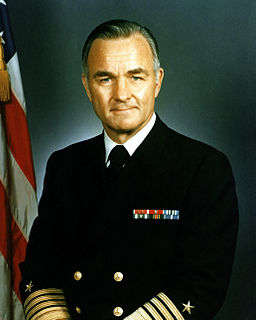A Quote by Elihu Root
The theoretical postulate of all diplomatic discussion between nations is the assumed willingness of every nation to do justice.
Related Quotes
The effort to improve the conditions of man, however, is not a task for the few. It is the task of all nations-acting alone, acting in groups, acting in the United Nations, for plague and pestilence, plunder and pollution, the hazards of nature and the hunger of children are the foes of every nation. The earth, the sea and the air are the concern of every nation. And science, technology and education can be the ally of every nation.
That nations that have gone for equality, like Communism, have neither freedom nor justice nor equality, they've the greatest inequalities of all, the privileges of the politicians are far greater compared with the ordinary folk than in any other country. The nations that have gone for freedom, justice and independence of people have still freedom and justice, and they have far more equality between their people, far more respect for each individual than the other nations. Go my way. You will get freedom and justice and much less difference between people than you do in the Soviet Union.
If the resources of different nations are treated as exclusive properties of these nations as wholes, if international economic relations, instead of being relations between individuals, become increasingly relations between whole nations organized as trading bodies, they inevitably become the source of friction and envy between whole nations.
The use of force stands in need of control by a public neutral authority, in the interests of liberty no less than of justice. Within a nation, this public authority will naturally be the state; in relations between nations, if the present anarchy is to cease, it will have to be some international parliament.
We have a much bigger objective. We've got to look at the long run here. This is an example - the situation between the United Nations and Iraq - where the United Nations is deliberately intruding into the sovereignty of a sovereign nation.... Now this is a marvelous precedent (to be used in) all countries of the world.
...the scientific attitude implies what I call the postulate of objectivity-that is to say, the fundamental postulate that there is no plan, that there is no intention in the universe. Now, this is basically incompatible with virtually all the religious or metaphysical systems whatever, all of which try to show that there is some sort of harmony between man and the universe and that man is a product-predictable if not indispensable-of the evolution of the universe.
World War II was fought for the abolition of racial exclusiveness, equality of nations and the integrity of their territories, liberation of enslaved nations and restoration of their sovereign rights, the right of every nation to arrange its affairs as it wishes, economic aid to nations that have suffered and assistance to them in attaining their material welfare, restoration of democratic liberties, and destruction of the Hitlerite regime.


































